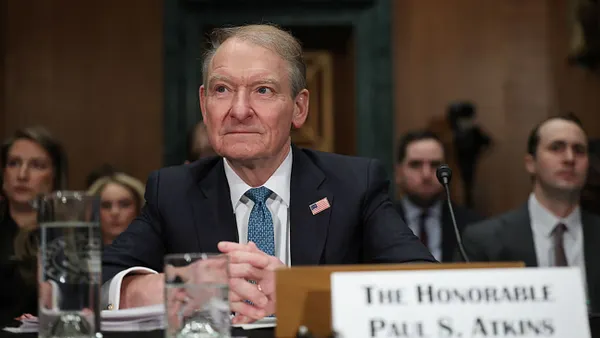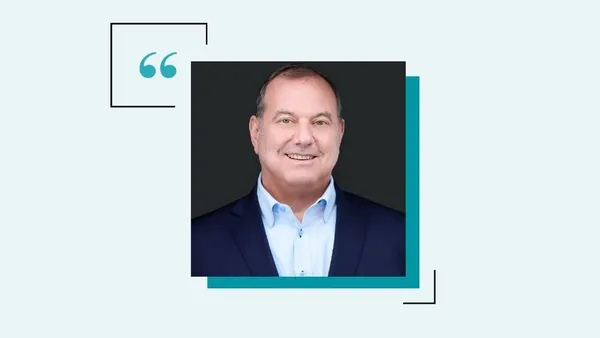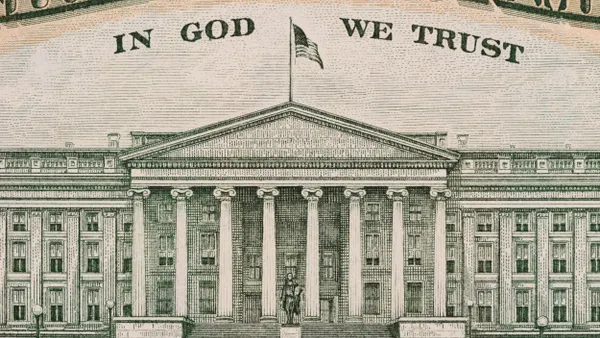Nearly one year after the Deepwater Horizon oil rig exploded, killing 11 workers and releasing millions of barrels of oil into the Gulf of Mexico, BP is still cleaning up the mess on nearby beaches — as well as its reputation with investors.
The latter activity was evident on Thursday at the company’s first annual shareholder meeting since the oil spill that began in April 2010. Shareholders expressed their ire over the accident, the ongoing remediation efforts in the Gulf, and what they consider the unclear plans for how the company will boost investor returns in the future. At least five people were turned away from attending the meeting because of security concerns; one person was arrested.
Before the meeting began, some institutional investors and proxy advisory firms said they would vote against BP’s annual report and compensation report for directors; others said they would withdraw their votes.
All of the 23 resolutions up for vote, including the election of 13 directors, received majority approval from the investors who voted by proxy (the votes of shareholders who attended the meeting have yet to be tabulated). BP CFO Byron Grote, who did not speak at the meeting, was one of the 10 directors up for reelection; he looked poised to keep his seat.
Cleaning up BP’s reputation will involve paying renewed attention to the company’s risk-management policies, which chairman Carl-Henric Svanberg said is a top priority for the company. “Understanding and managing risk is demanded by the nature of the industry, but we obviously can do better,” said Svanberg, who described BP as “wiser and stronger.”
Indeed, board members tried to keep the focus of the London meeting on how the company is moving forward — understandably so. Shareholders who saw the value of their shares fall dramatically in the wake of the oil spill are still smarting from the suspension of BP’s quarterly dividend last July. (It was restored to a smaller amount in February.) The spill cost the company $40.9 billion in 2010, and BP finished the year $3.7 billion in the red.
Nearly half of the oil-spill charge has been earned back through divestments, noted Bob Dudley, group chief executive. He acknowledged that BP is a smaller company than it was a year ago: “2010 was a year of crisis, and 2011 is a year of consolidation and rebuilding.”
The directors were prepared for a combative session, particularly given the attendance of groups that have maintained their shareholder status to influence how the company behaves. A coalition of investors characterizing themselves as socially responsible planned to vote against the statement of accounts and reports at the meeting, under the belief that BP officials should be more forthcoming in how they manage risk and should explain how the board is overseeing that work.
Investors want more details, said Mark Regier, director of stewardship investing at MMA Praxis Mutual Funds, which is part of the coalition. For example, BP spent $15 million on out-of-work oil workers during last year’s deepwater drilling moratorium but has not disclosed how it divvied up the money or how many people were eligible to receive portions of it, said Regier. The company has also not revealed how the ongoing remediation efforts are progressing, he told CFO before the meeting: “Are we halfway there, a third of the way, 90% of the way? For something costing the company $40 billion, knowing that is a pretty important thing.”












